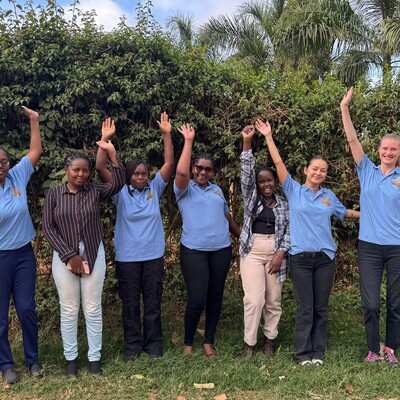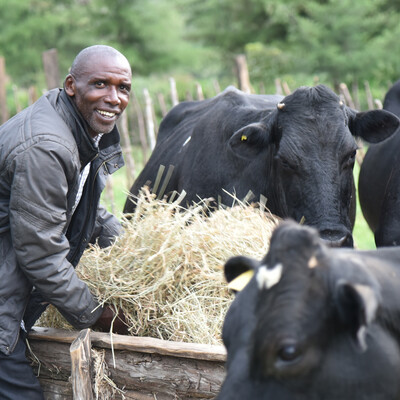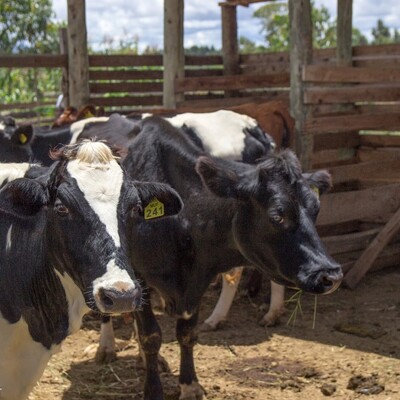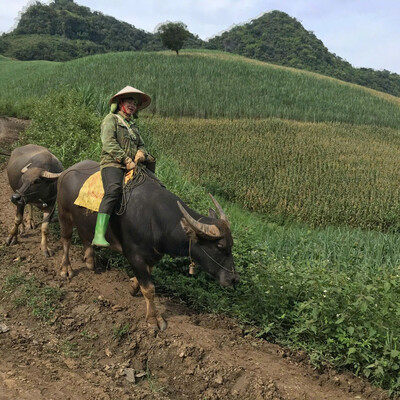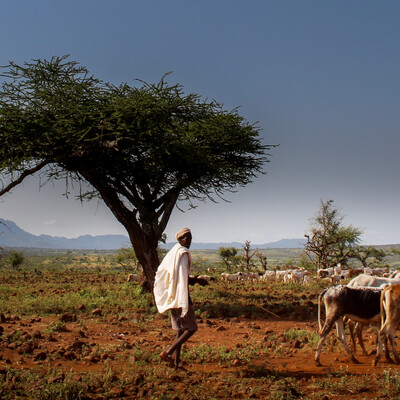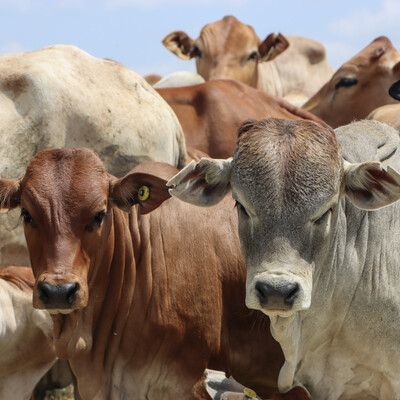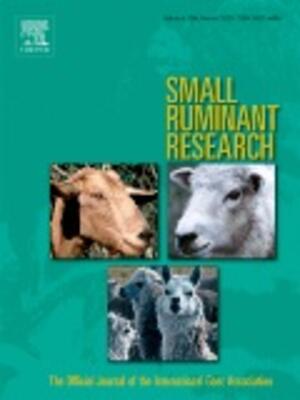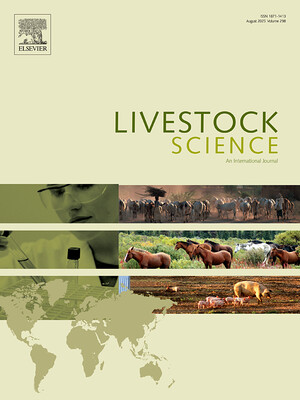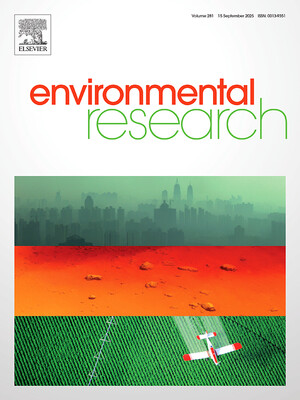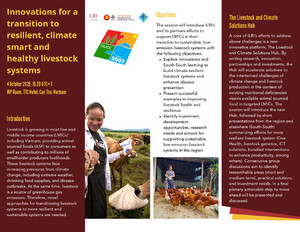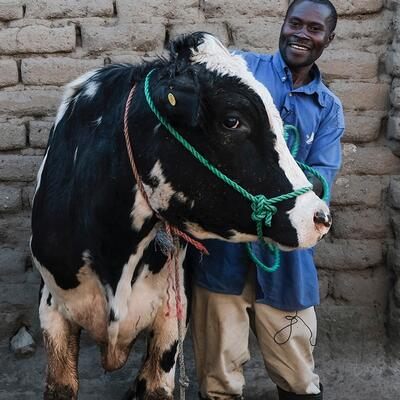
Animal-source foods for people and the planet
As the pandemic pushes global malnutrition to rates not seen in more than a decade, how can livestock products like milk, meat and eggs help? And how do we weigh the nutritional benefits of livestock, particularly in the developing world, against the fact that livestock can be a significant source of greenhouse gas emissions?
In this episode of The Boma, presenters Brenda Coromina and Elliot Carleton talk to Lora Iannotti, a specialist in child and maternal nutrition, as they explore why context and food choices matter when it comes to avoiding malnutrition.
Award-winning holistic farmer Emma Naluyima explains how integrated farming techniques can reduce the carbon footprint of livestock farming, and gives her vision for how children can become responsible global citizens of the future.
Finally, Susan MacMillan, Emeritus Fellow at ILRI, describes her dream future for livestock in a more equitable and sustainable world.
Chapters
0.48 What are animal-source foods and why is there a growing stigma against them?
1.53 Criticism of animal farming in the West risks the health of the world's poorest
4.42 How have climate change and the COVID-19 pandemic affected global malnutrition rates?
7.36 Why are animal-source foods so nutritious?
9.32 How can we farm animal-source foods sustainably? Emma Naluyima describes her integrated farm
13.45 What can policy and education do to support sustainable farming?
15.35 How do we bridge different perspectives on animal-source foods between developed and developing countries?
Hover over the player and click on the Share icon ![]() for subscription options.
for subscription options.
Criticism of animal farming in the west risks health of world's poorest - The Guardian, September 2021
New report from UN Nutrition untangles risks and benefits of food from livestock for sustainable healthy diets, focusing on challenges linked to both abundance and scarcity - ILRI, June 2021






